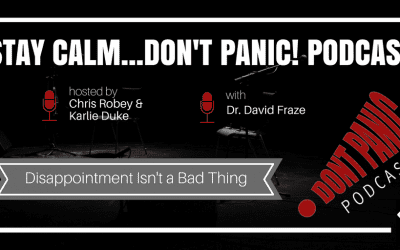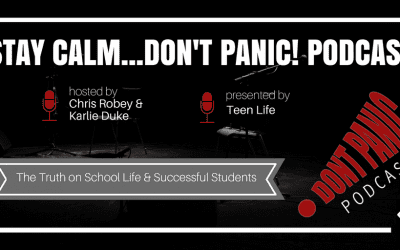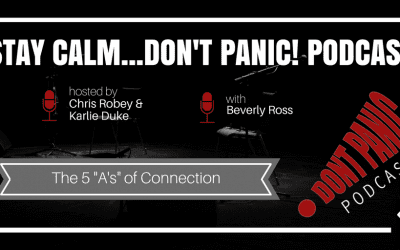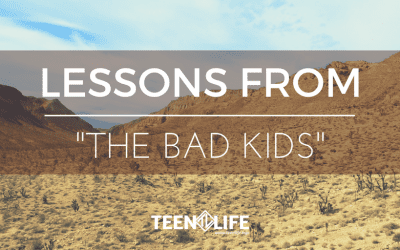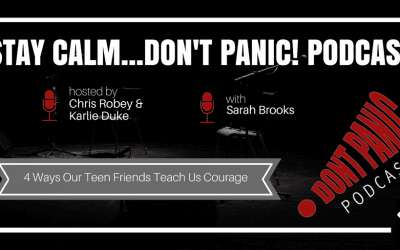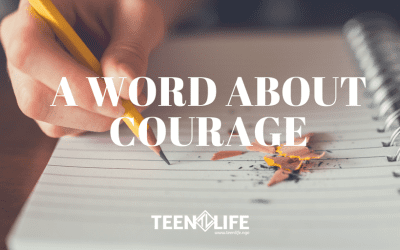No teen deserves to feel alone.
We connect every teenager with trusted adults and resources because no teen deserves to feel alone.
What makes a caring adult a trusted resource? When you complete our easy, online certification, you will leave with the skills and knowledge to connect with teens and help them walk through life’s challenges. You will be fully equipped to lead a Support Group!
OVER
Students helped since 2008
OVER
Trusted adults trained
Looking for resources for your school?
Want to lead support groups?
“One thing I learned from this group is that I always have someone to talk to.”
– Teen Life support group student

I can’t say enough about the benefit with partnering with Teen Life.
The past eight years, I have led or co-led at least one group every year, sometimes two. The curriculum is pertinent and helpful to get kids to talk and engage. Kids need a safe place to be encouraged and to gain skills in coping with school pressures and life stresses.
Heritage MS Counselor
Grapevine/Colleyville ISD
It has been a great blessing to walk beside these kids on their turf.
Equipping them with some tools to help break the generational cycles of self-esteem, relationship, and spiritual poverty, and to assist them in casting a vision on where they want to be and how they might get there.
Jacob
Decatur ISD, Support Groups Facilitator
You’ve got to check this out!
Disappointment Isn’t a Bad Thing
Jump into this great conversation with Dr. David Fraze for ways to help push and equip students to face challenges and disappointments.
Life at High School & Successful Students
Lindsey and Tammy are counselors at two very different schools. Listen for insight into what students are facing and tips to make life at high school better.
The 5 “A’s” of Connection
Counseling expert, Beverly Ross offers 5 ways to get better at connecting with others. Get tips for making your home or classroom safe places for connection.
Lessons from “The Bad Kids”
I am a huge fan of Netflix. In the mood for a comedy, drama, thriller or documentary? You can choose from thousands of TV shows and movies. While I typically watch Netflix for personal gain, I recently came across a documentary called The Bad Kids (you can also find it on iTunes and Amazon). I’ll confess – I am not a documentary person. Give me fiction and fairy tales all day! But this particular documentary intrigued me because I work with students just like the ones highlighted in this film. I work with “The Bad Kids” every week, and I wanted to see what I could learn from the heart and work of someone halfway across the country.
4 Ways Our Teen Friends Teach Us Courage
In this episode of the Stay Calm, Don’t Panic! Podcast, Chris Robey and Sarah Brooks discuss how adults can learn valuable lessons about courage and inner strength from teenagers. Teens are uniquely equipped and positioned to make a difference in the world. It is easy for us as adults to press our own agendas on teenagers, but maybe it is time to learn something from them! Take a listen to this awesome conversation and walk away with some insight into the awesome lives of teenagers.
A Few Words on Courage
Teenagers, of all the people in this world, are positioned well to live with courage. For the most part, people don’t depend on them for their livelihood, so they can explore, make mistakes, and pivot when necessary. Within the bounds of the law, the consequences for failing tend to be less than adults who have families and careers. Teenagers tend to see the world with more naive and hopeful eyes – issues that can be solved or addressed with just one good idea. While those who are older roll their eyes and pat on the head – teenagers seem to expect their actions to actually make a difference and change environments.
